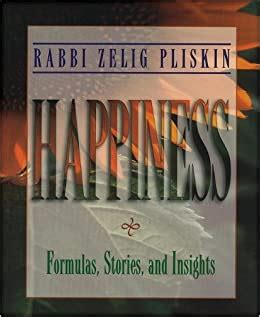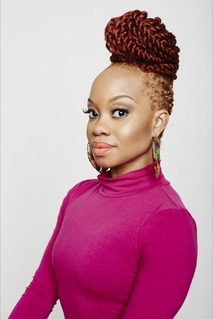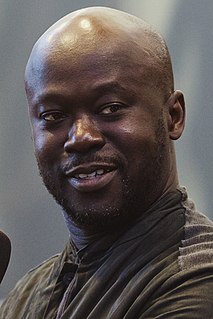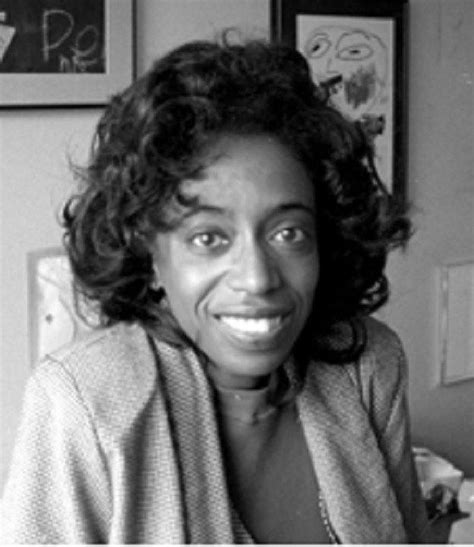A Quote by Kimberle Williams Crenshaw
In every generation and in every intellectual sphere and in every political moment, there have been African American women who have articulated the need to think and talk about race through a lens that looks at gender or think and talk about feminism through a lens that looks at race.
Related Quotes
I think feminism has always been global. I think there's feminism everywhere throughout the world. I think, though, for Western feminism and for American feminism, it not so surprisingly continues to center Western feminism and American feminism. And I think the biggest hurdle American feminists have in terms of taking a more global approach is that too often when you hear American feminists talk about international feminism or women in other countries, it kind of goes along with this condescending point of view like we have to save the women of such-and-such country; we have to help them.
I think it's important for people to understand that dance, movement, choreography is about an experience and entertainment but it's also about perception and a lens. So when we're talking about a Black female's experience through a Black female's lens, that's going to be totally different from a Black female's perspective through a Black male's lens.
Every American in uniform, in the White House or at home - USA! USA! USA! - we must be a force for unity in America, for a vision that includes all of us. All of us. Every man and woman, every race, every ethnicity, every faith and creed, including the Americans who are our precious Muslims. And every gender and every gender orientation.
I still think that we have a hesitance to talk about things racial. And I think we do it at our detriment. We go from incident to incident, and we have spikes in which race becomes something that we talk about, as opposed to talking about race in those less contentious times when I think we might make more progress.
What I resist is techniques. I find techniques very problematic. So when critics talk about my work in those terms, I find that they miss the condition. I am comfortable with the notion of pattern and ornament as a system of organization, [but] for me it acts as a textile. So it's not about pattern, but the notion of architecture through the lens of textile, rather than architecture through the lens of brick and mortar.
I have compromised down the line. I've disliked it intensely in the old days when you were trying to talk race relations and they would not allow you to talk about the legitimacies of race relations. In the old days, you didn't talk about black, you talked about Eskimo or American Indian, and the American Indian was assumed not to be a problem area.






































